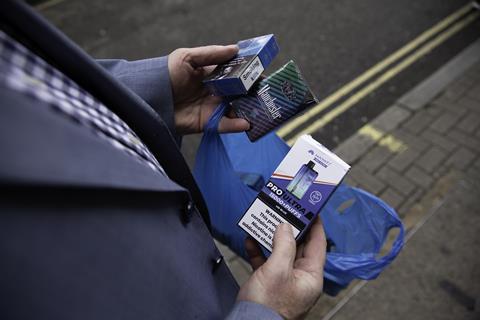
One in four cigarettes smoked in the UK is now contraband or counterfeit, according to new data from Marlboro maker Philip Morris International (PMI).
While overall cigarette consumption is falling in the UK, the KPMG report commissioned by the tobacco company found illicit cigarettes were on the rise, with the UK ranking third among the 38 European countries analysed for illicit tobacco consumption.
While 25 of the 38 European markets are experiencing stable or declining consumption share of illicit cigarettes in the UK (as well as Ukraine, Greece and Belgium) usage is on the rise.
Within the UK, 11 out of 12 UK regions reported an increase in illicit tobacco consumption compared with the previous year (it only fell in the north east). Scotland saw the sharpest rise, of 20%, with one in three cigarettes smoked now illicit.
“The illicit tobacco and vape trade poses a direct and serious threat to public health, preying on deprived communities and driving youth uptake,” said Duncan Cunningham, director of external affairs at PML. “With the UK already among Europe’s largest illicit cigarette markets, we must strike a careful balance: safeguarding people, especially youth, from harmful illicit products, while ensuring adult smokers have access to smoke-free alternatives.”
After Scotland, Northern Ireland, London, south east England and south west England saw the biggest increase in the proportion of cigarettes smoked being illicit.
A separate PML commissioned survey found that a third of shopkeepers in London – where more than a quarter of cigarettes smoked are illicit – believed the black-market trade in illicit disposable vapes and cigarettes was funding serious and organised crime in the capital.
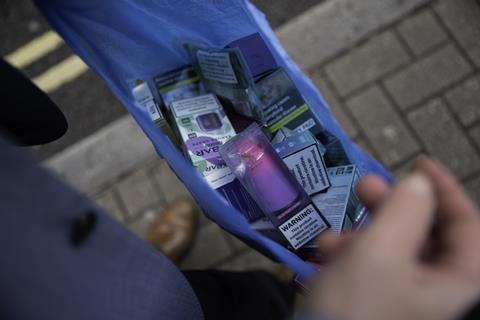
The cost of living crisis was seen as a contributing factor in fake vapes and tobacco, with half of all shopkeepers citing economic hardship and the demand for cheaper products as drivers of illicit use.
The shopkeeper survey found the majority wanted stronger law enforcement (72%) and harsher penalties for offending retailers (76%), and for the police to have greater powers to shut down rogue stores (84%).
Over half (52%) feared higher taxes on legal products might boost the illicit market. Similarly, 44% were concerned that restrictive regulations on legitimate alternatives could inadvertently increase illicit activity. The most impactful message to help tackle the illicit trade, according to the surveyed retailers, would emphasise the community harm caused by illegal products.
In a two-day undercover operation over the summer, led by former Scotland Yard detective chief inspector Will O’Reilly, over half of the 60 London stores visited were found selling illicit cigarettes and disposable vapes.
“This is a pattern I’ve observed across the country, with stores selling dangerous illicit cigarettes and vapes,” O’Reilly said. “Eliminating the illegal cigarette market alone could strip organised crime of profits equivalent to funding over 115,000 new police officers.”
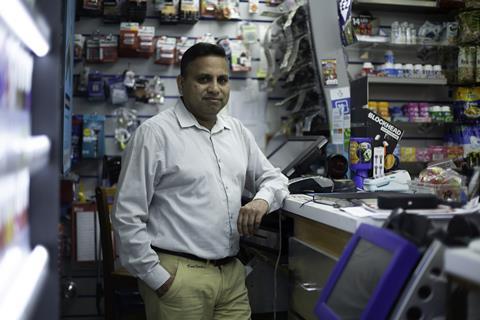
London retailer Kamlesh Rathod said he views the illicit tobacco and vape trade as a significant part of the broader retail crime crisis in the UK.
“Retailers bear the brunt of the illicit tobacco and vape market, just as they do with shoplifting and in-store violence,” Rathod said. “While Trading Standards are seen as the primary solution in tackling this issue, the role of retailers is often overlooked. With better support, we could raise awareness of the dangers of illicit products and guide adult smokers toward legal alternatives.”







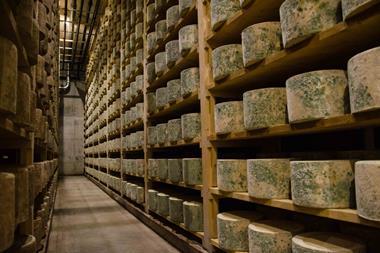
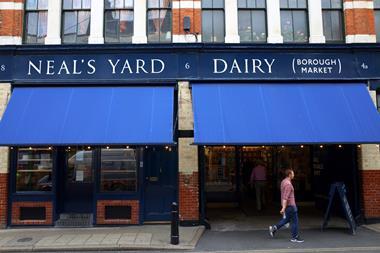
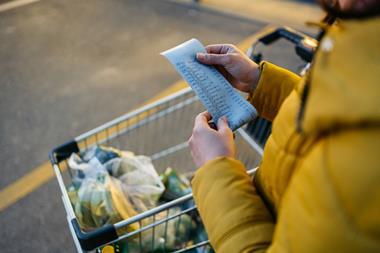


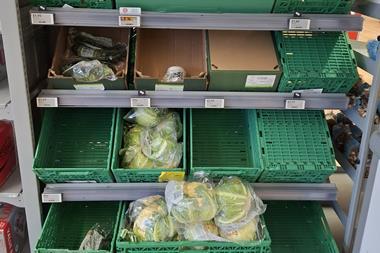





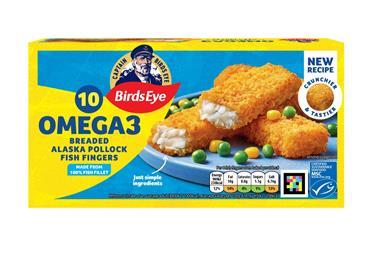
No comments yet